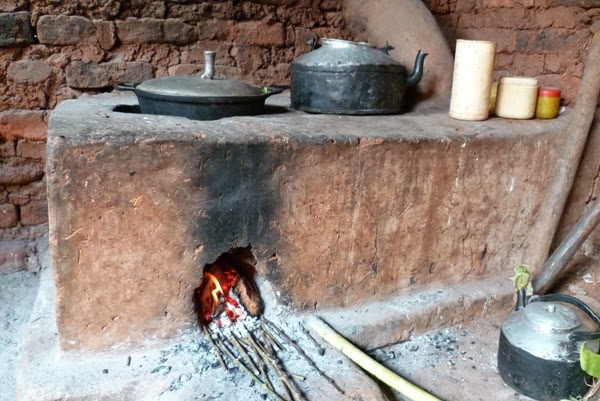As we celebrate World Book Night in the UK and Ireland on Wednesday 23rd April, please spare a thought for the children of Kamuli in Uganda, where we are active in raising the very low literacy rates. The children of Kamuli District have the third lowest literacy level in Uganda. Only 14 per cent
of the Kamuli children in P6 (aged 10-11) have adequate literacy skills
as compared with the national average of 40 percent.
 |
| Chidren in Kamuli show off their new books |
We have now provided reading materials to four primary schools under our new literacy project. We'd like to expand the scheme to more schools, but books cost money, and we need your help to buy them.
This is where our Read & Raise initiative comes in. If you belong to a book club, we'd like to ask you to make a donation every time you meet. Just £5 will buy two books for the classrooms. Click here to make a one off or regular donation to this project.
Next time your book club meets, please mention this to your fellow members. Hold a book sale of your second hand books or collect any second hand copies of the Ladybird Key Words scheme for us to send out to Uganda. Spread the word - and help get more Kamuli children reading!




